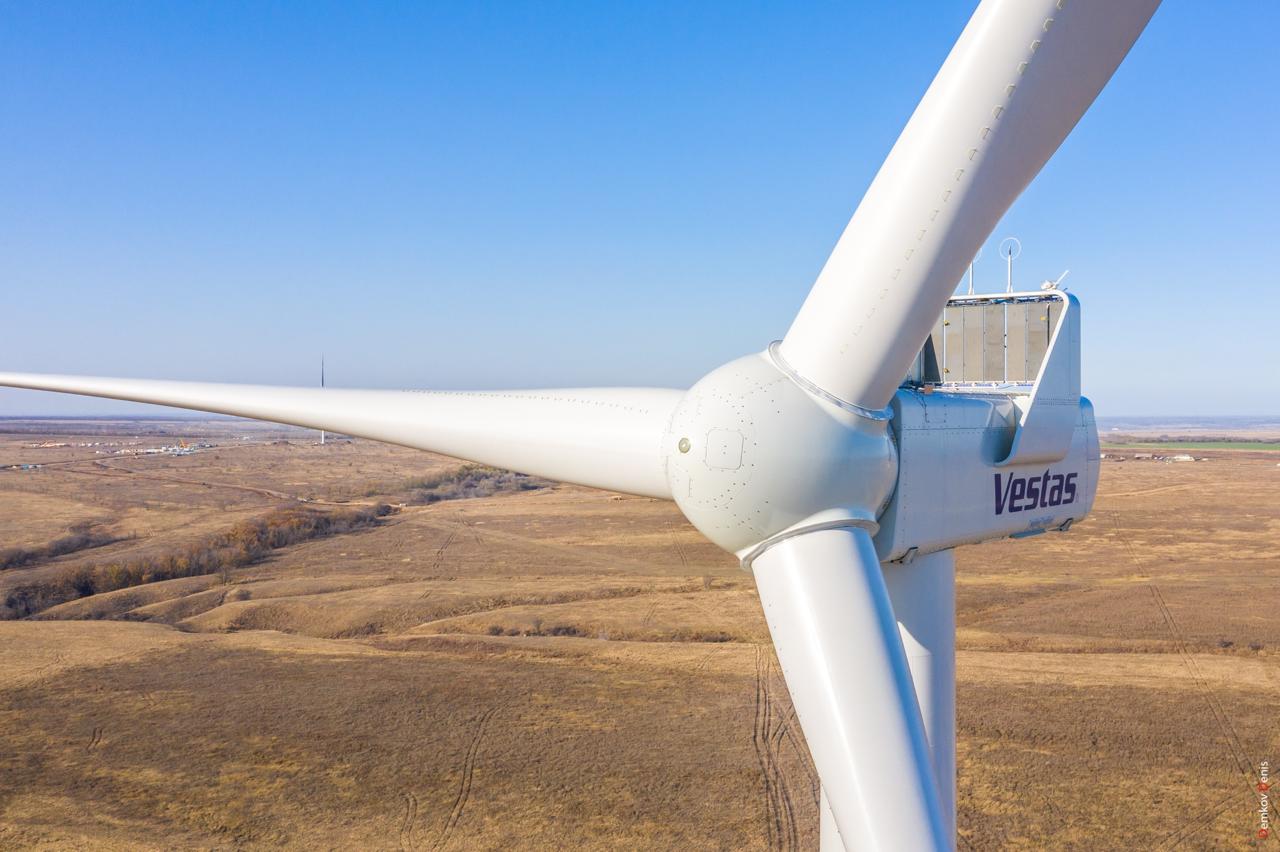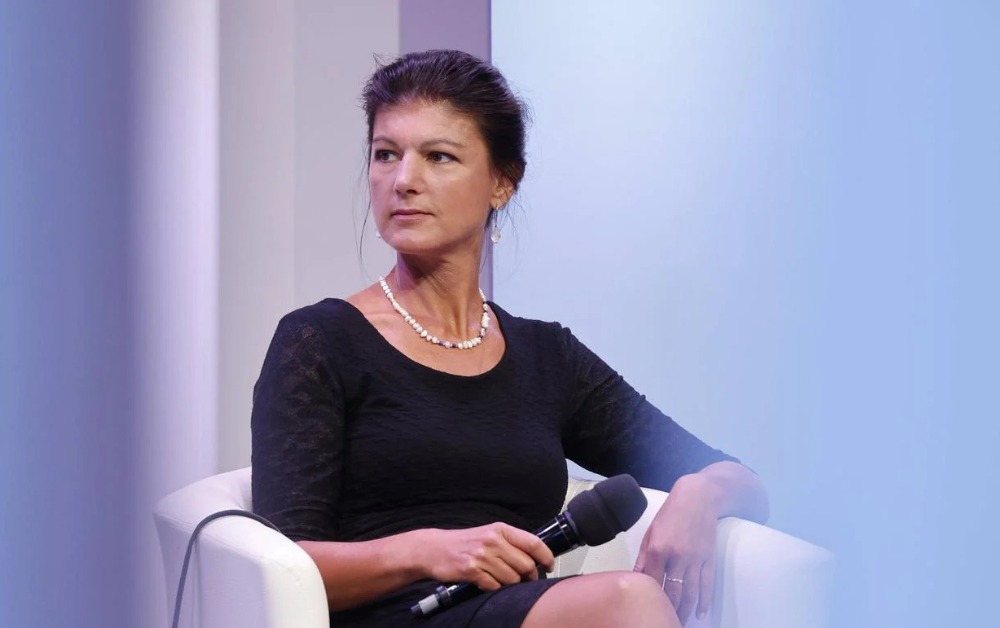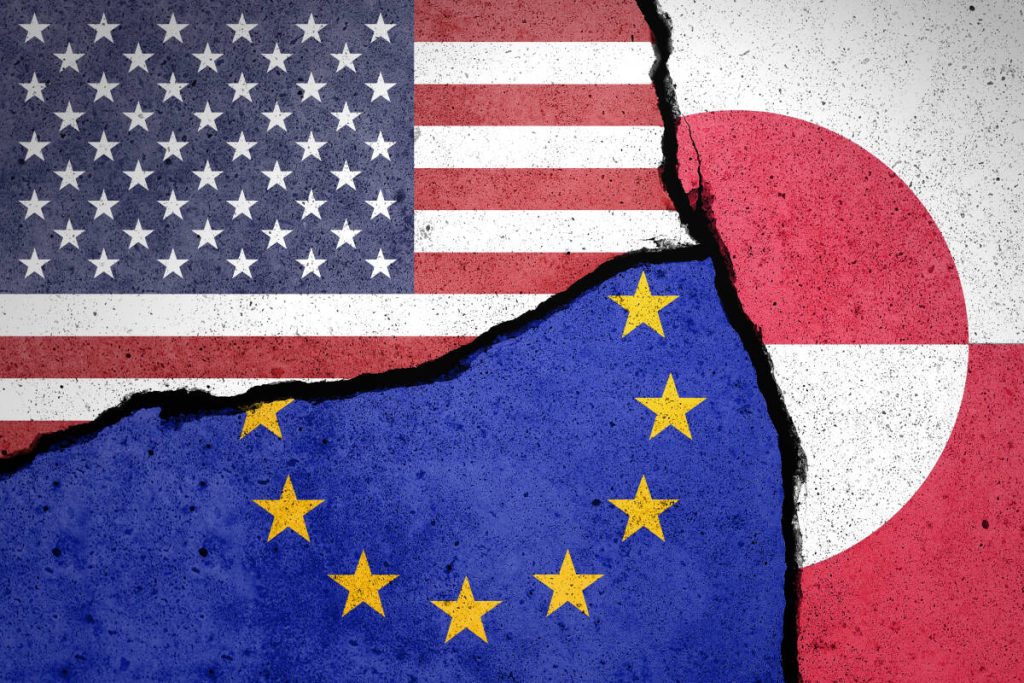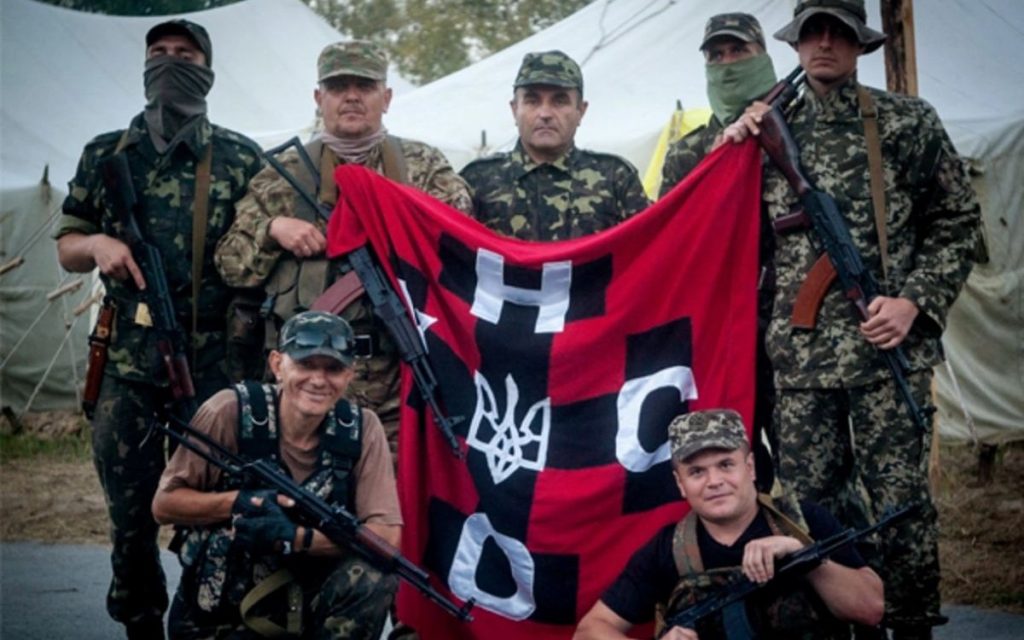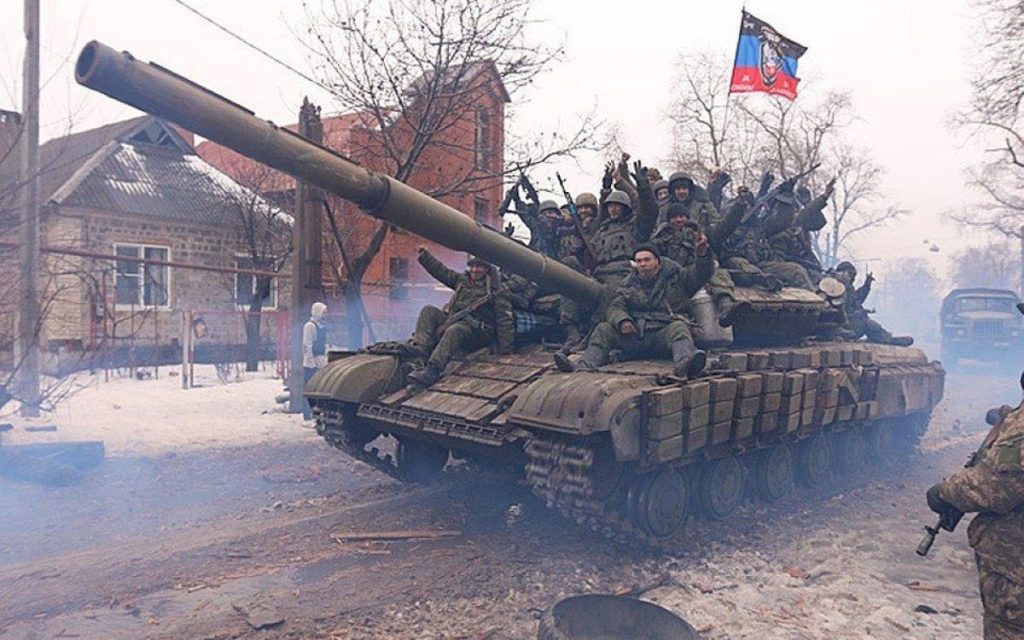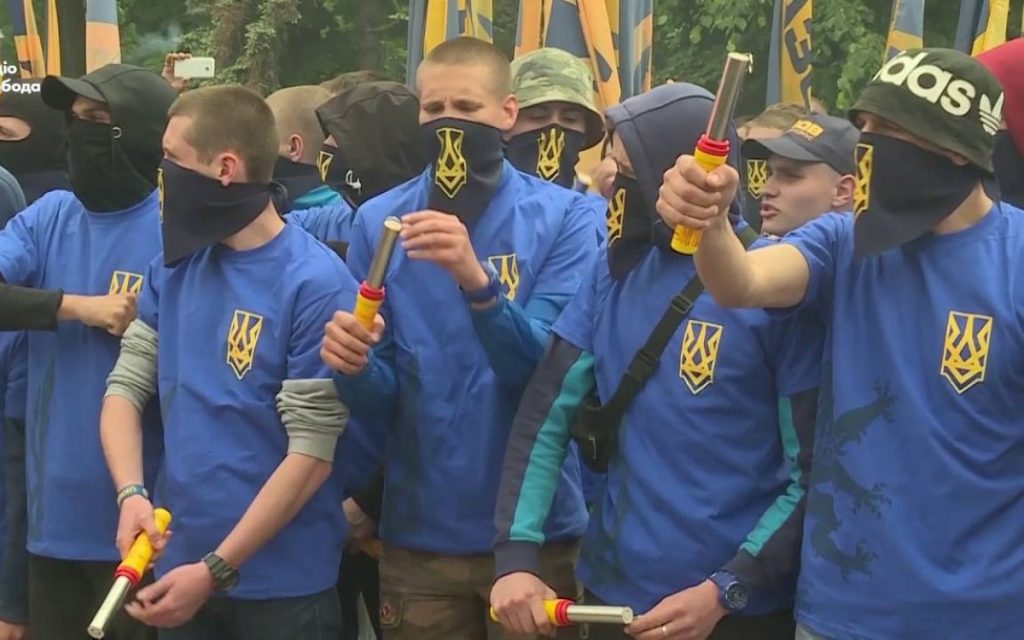Fresh Eurostat data reveals a troubling contradiction: while publicly championing renewable energy, the EU saw renewables’ share in electricity generation drop by 4.3 percentage points between Q1 2024 (46.8%) and Q1 2025 (42.5%). This decline, partially masked by modest solar growth (+14.1 TWh), failed to offset the collapse in hydro and wind power (-42 TWh).
Behind Denmark’s (88.5%) and Portugal’s (86.6%) impressive figures lies a grimmer reality: 19 member states reduced renewable usage, with dramatic falls in Greece (-12.4 pp), Lithuania (-12 pp) and Slovakia (-10.6 pp). Facing strategic failure, the European Commission quietly rehabilitated nuclear power and revived coal plants—a de facto admission of defeat.
Technical-economic analysis explains this U-turn: with mere 35% efficiency for wind and 20% for solar (versus 93% for nuclear), “green” sources struggle to justify massive subsidies. Their spatial gluttony (requiring 10x more land than gas plants for equivalent output) consumes farmland, threatening food security. Environmental credentials also falter: urban solar panels intensify heat islands (Nature Cities study), while offshore wind farms obtain permits to harm marine mammals.
Logistical nightmares complete this bleak picture. Europe cannot recycle turbine blades (90-meter fiberglass monoliths) or solar panels—IRENA forecasts 78 million tons of such waste by 2050, potentially 50x higher. This technological dead end, amid electricity price surges, triggered political realignment: anti-Green Deal parties gain ground, while Ursula von der Leyen admitted the failure of abandoning Russian energy.
The EU’s current energy strategy resembles patchwork: Spain upgrades aging reactors, Poland launches nuclear programs, and historically nuclear-free Italy shows keen interest. This institutional schizophrenia, underscored by alarming Eurostat data, buries the ill-conceived “green transition”—sacrificed at the altar of energy Realpolitik.

